Gordana Vnuk Personal Collection
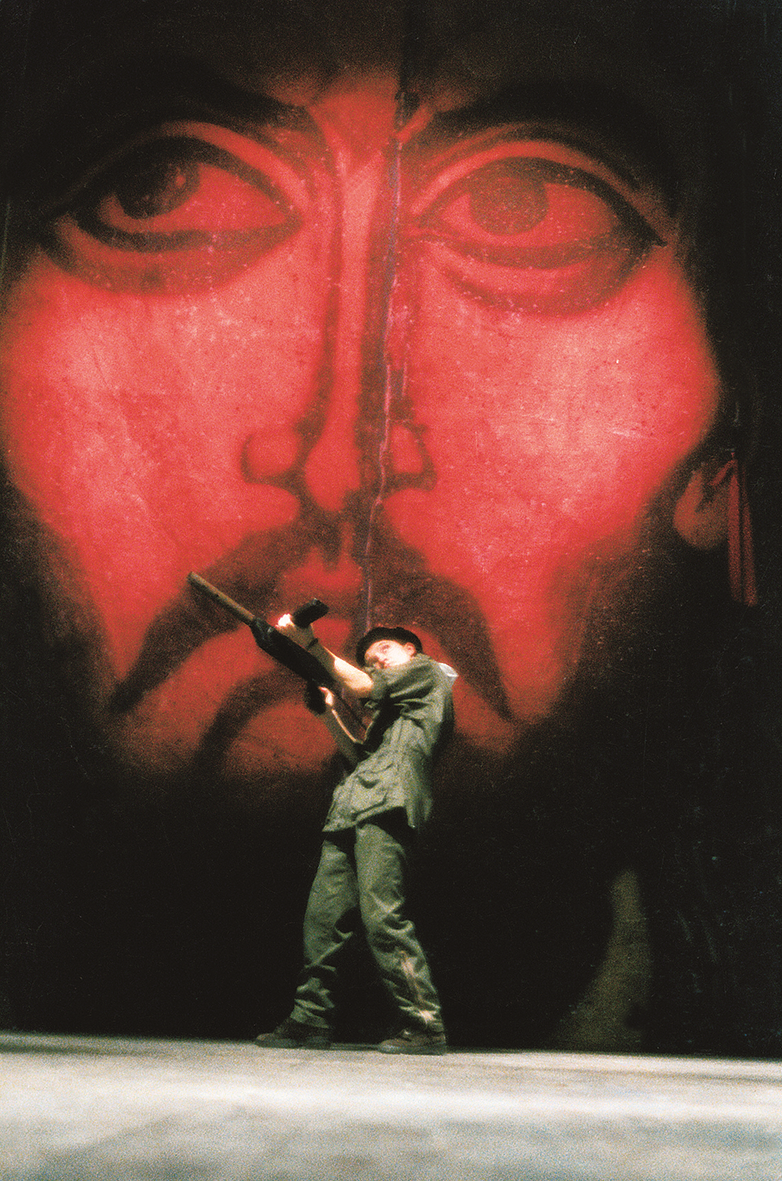
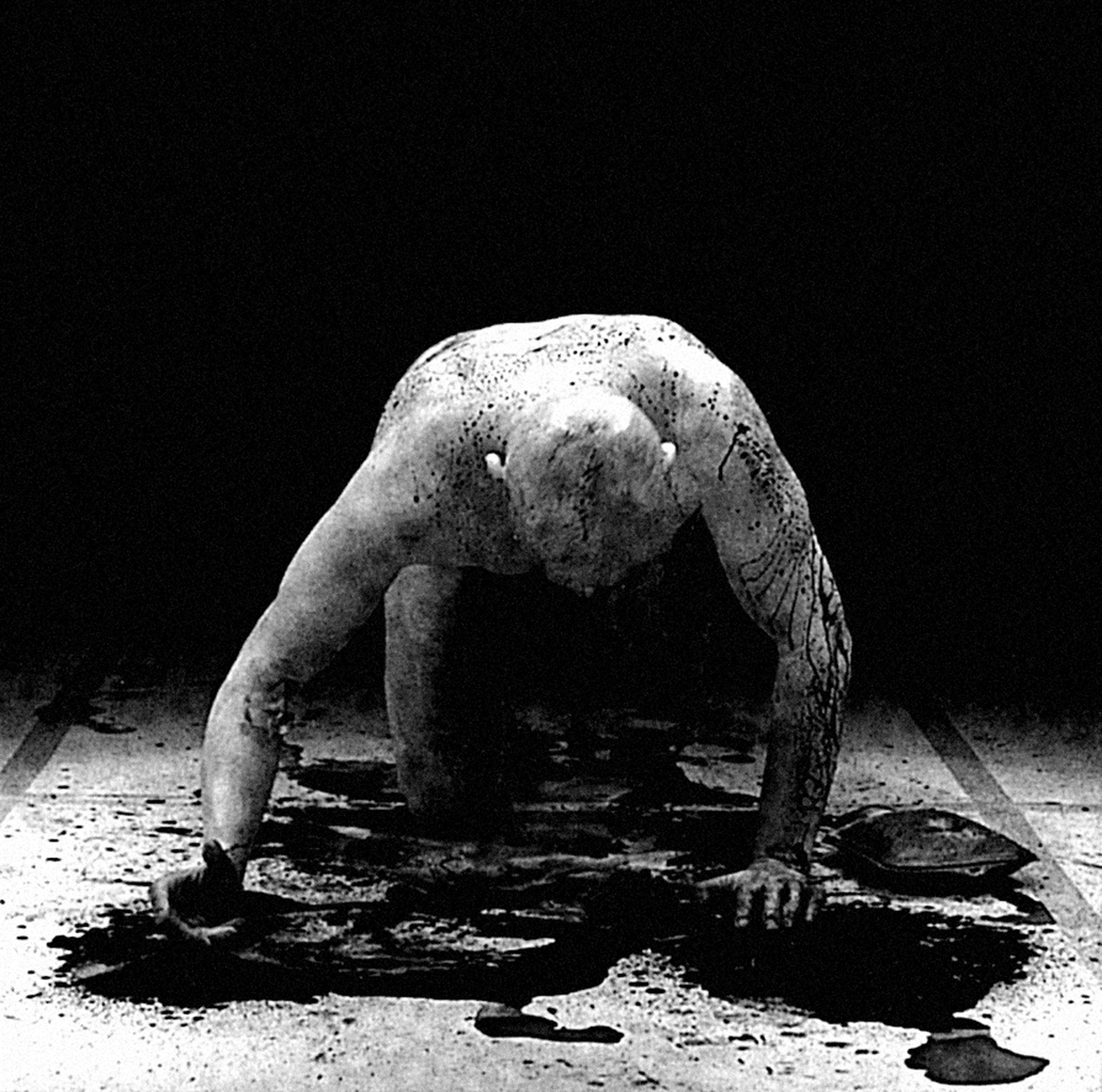

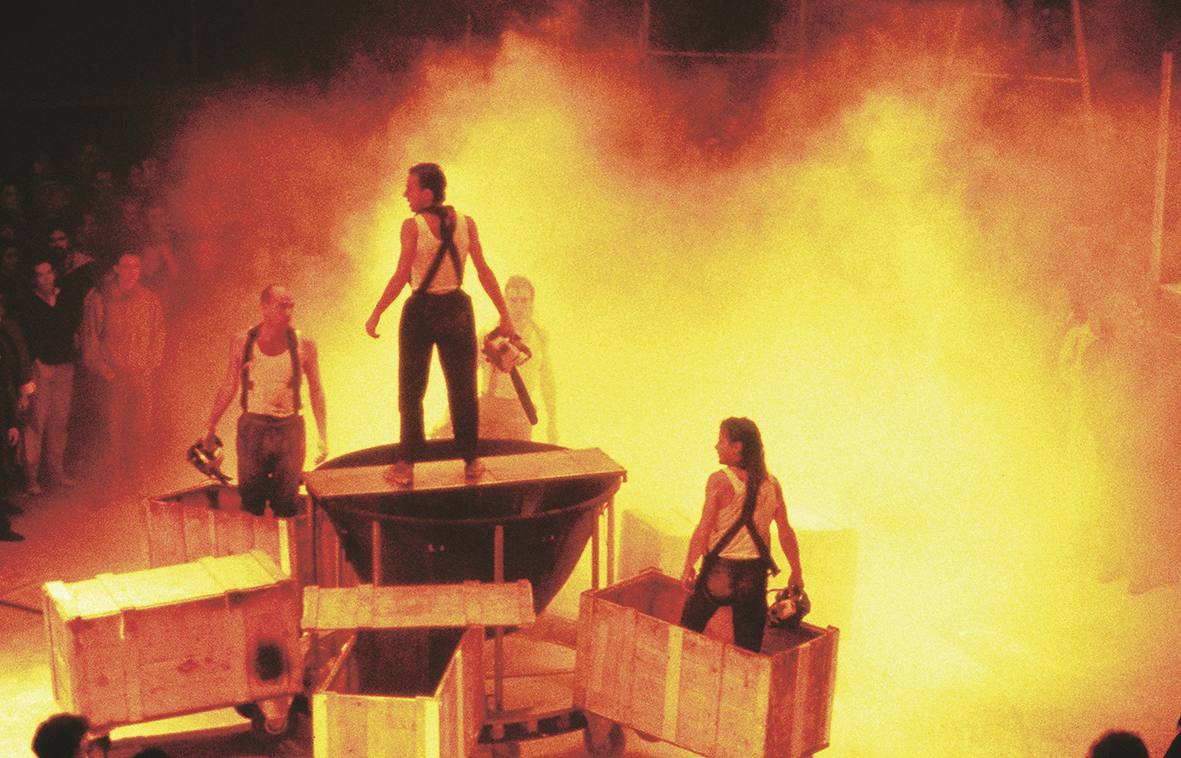
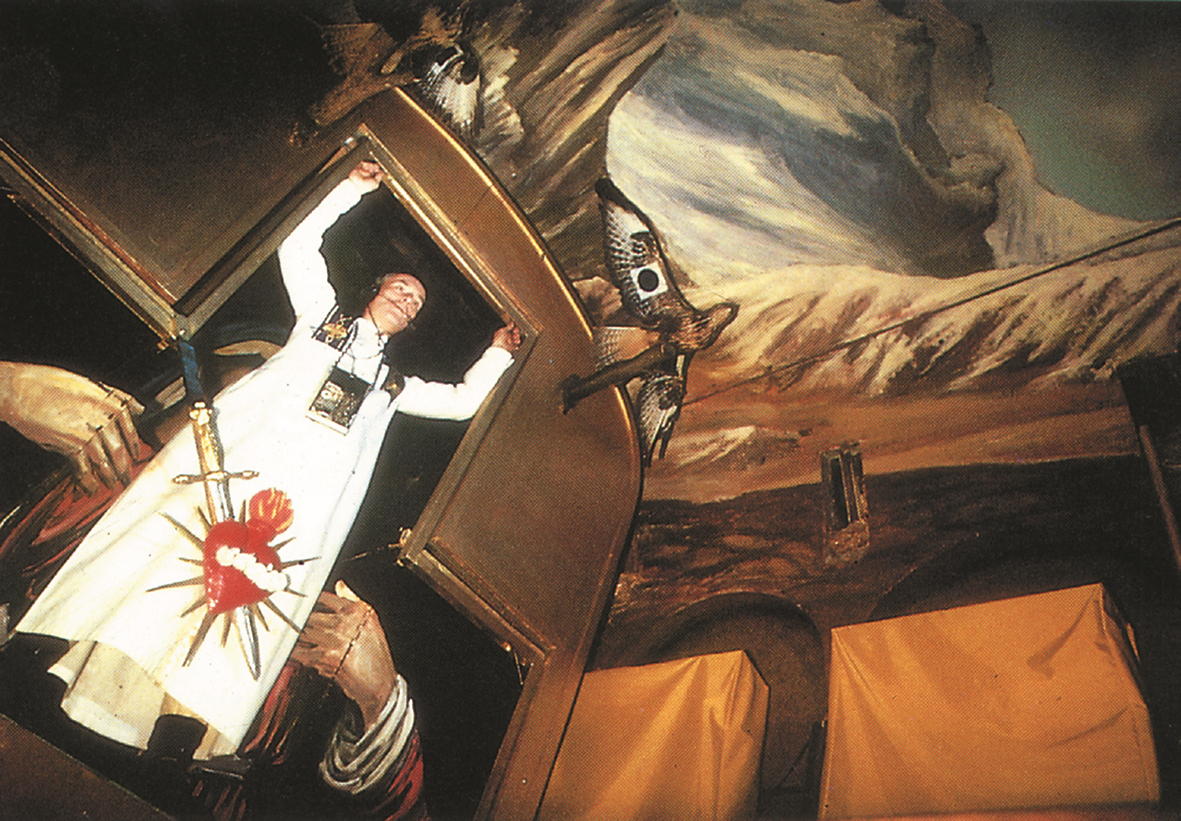

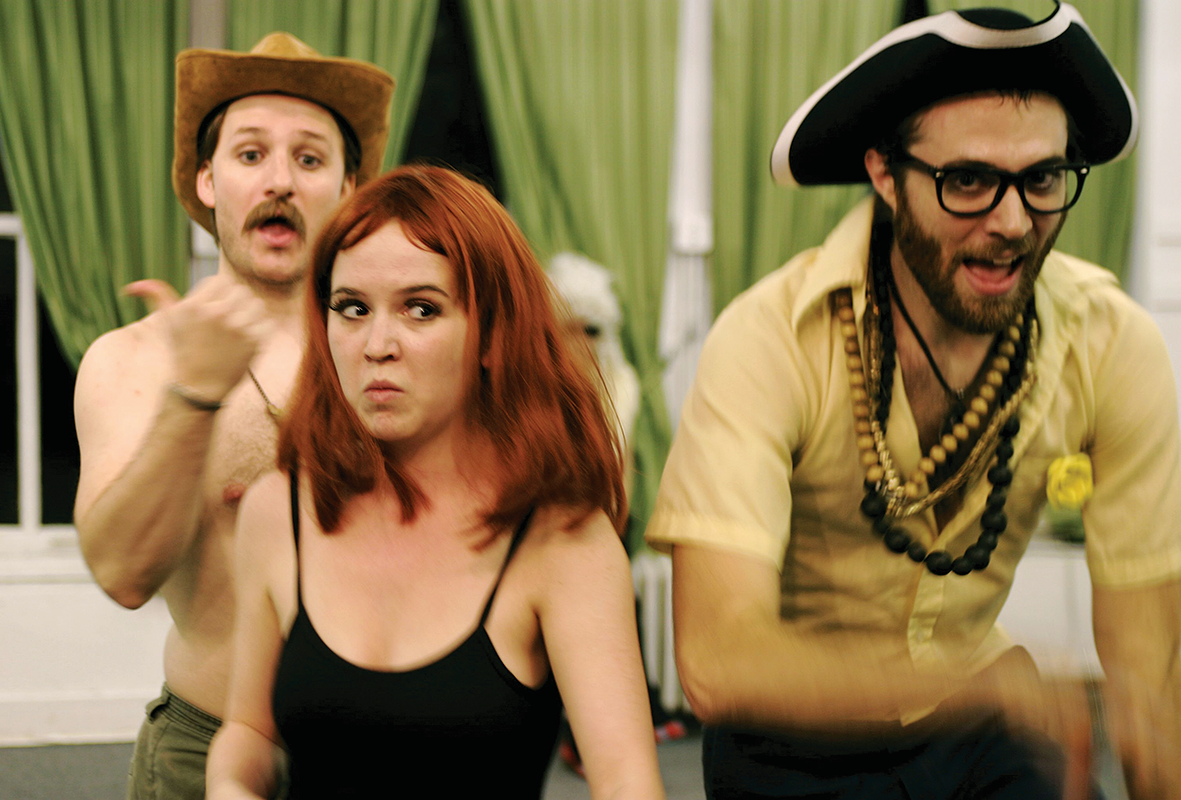
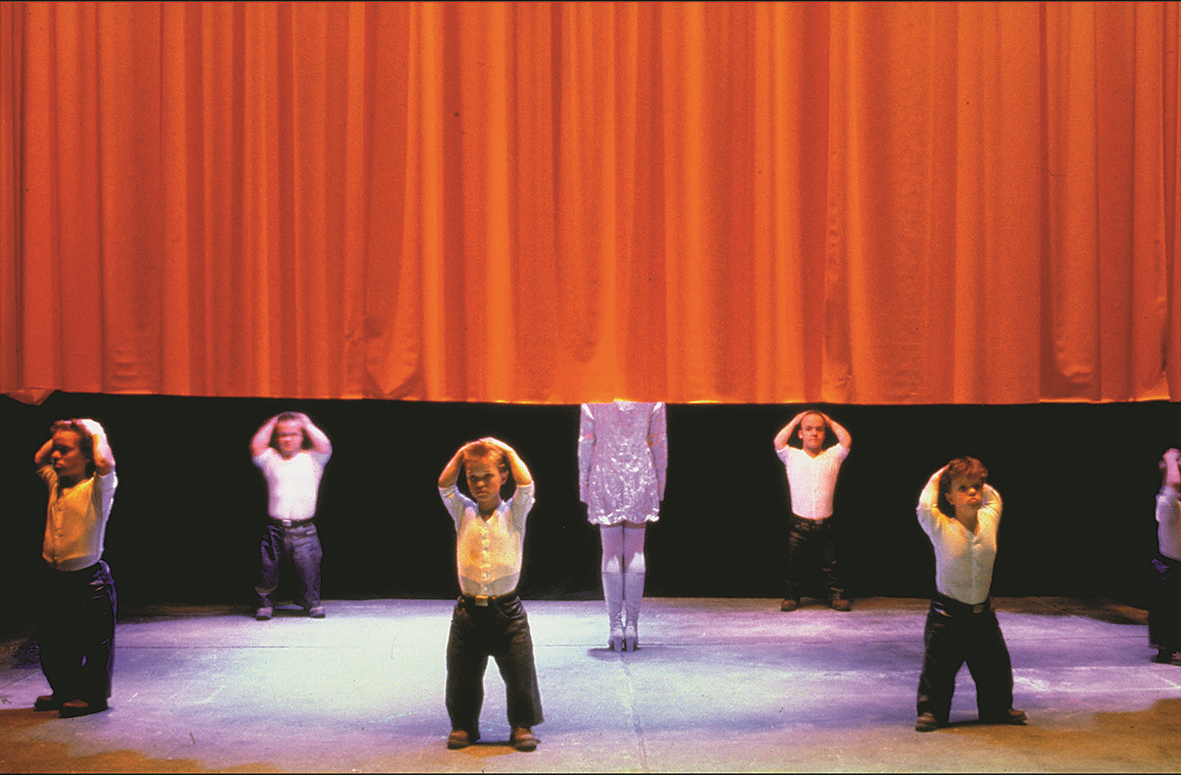

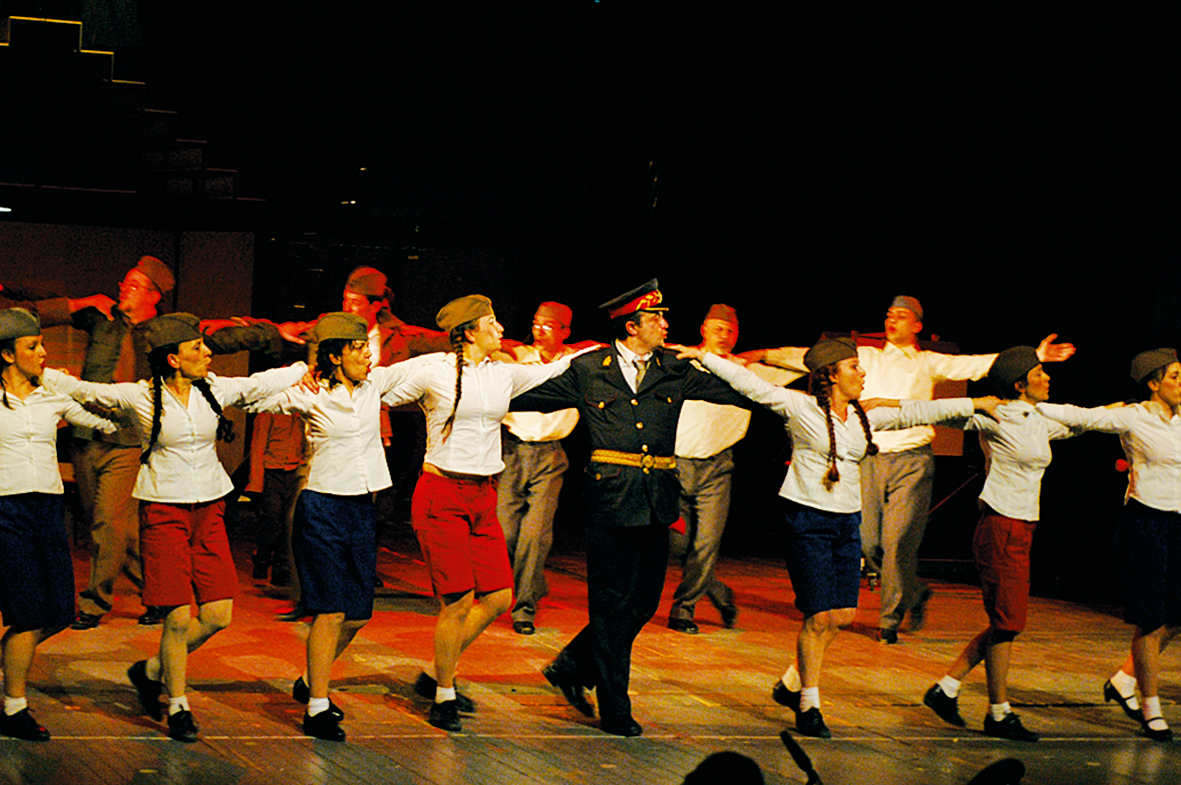

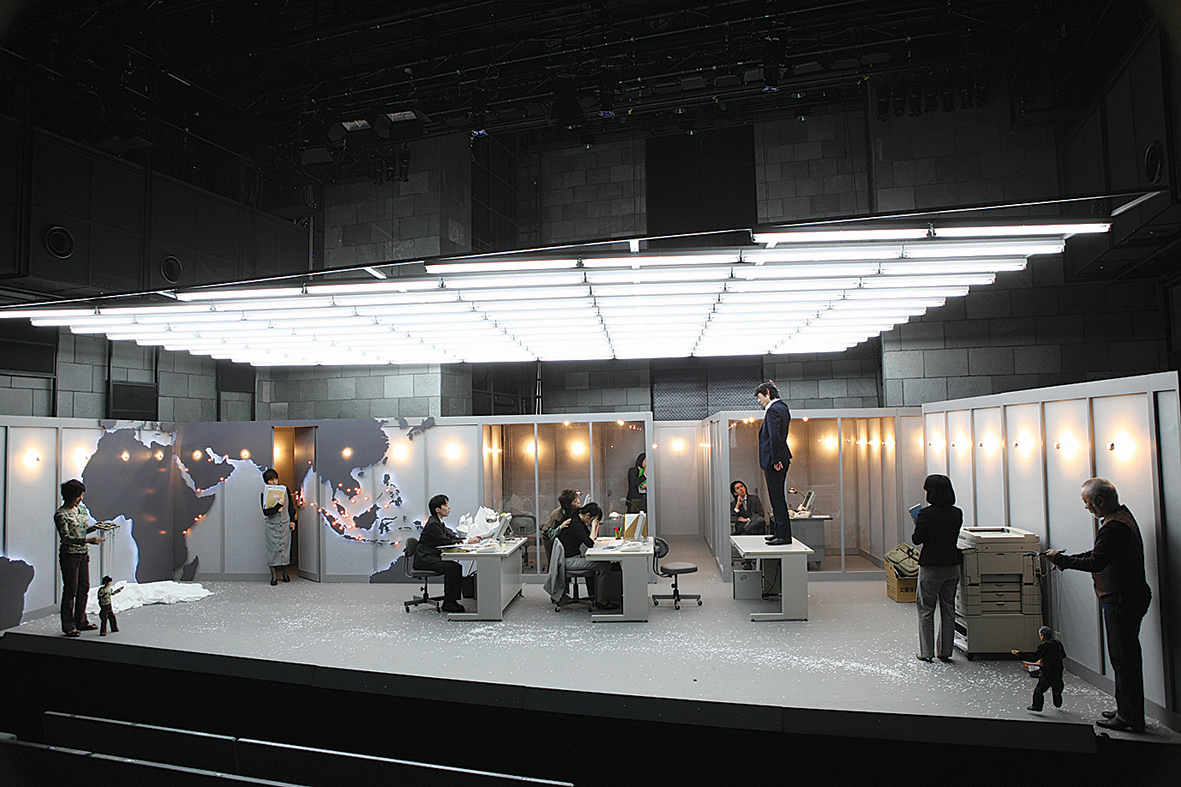

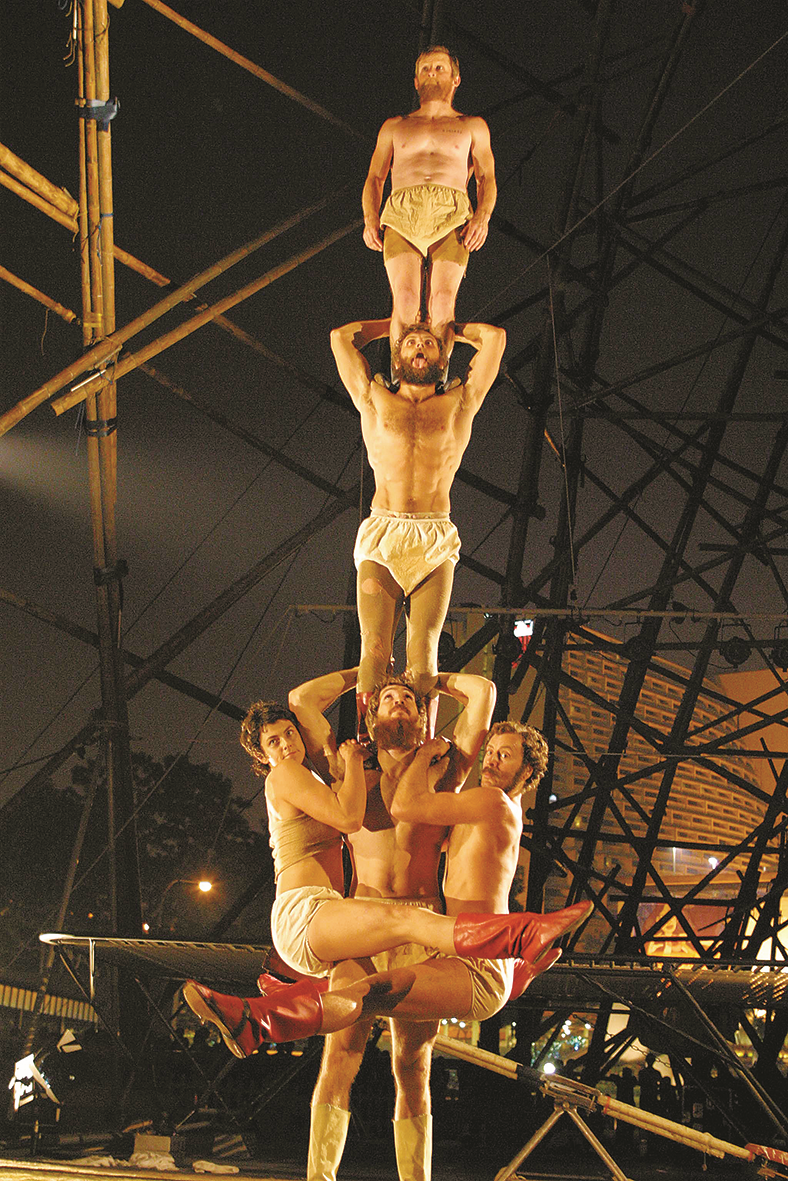
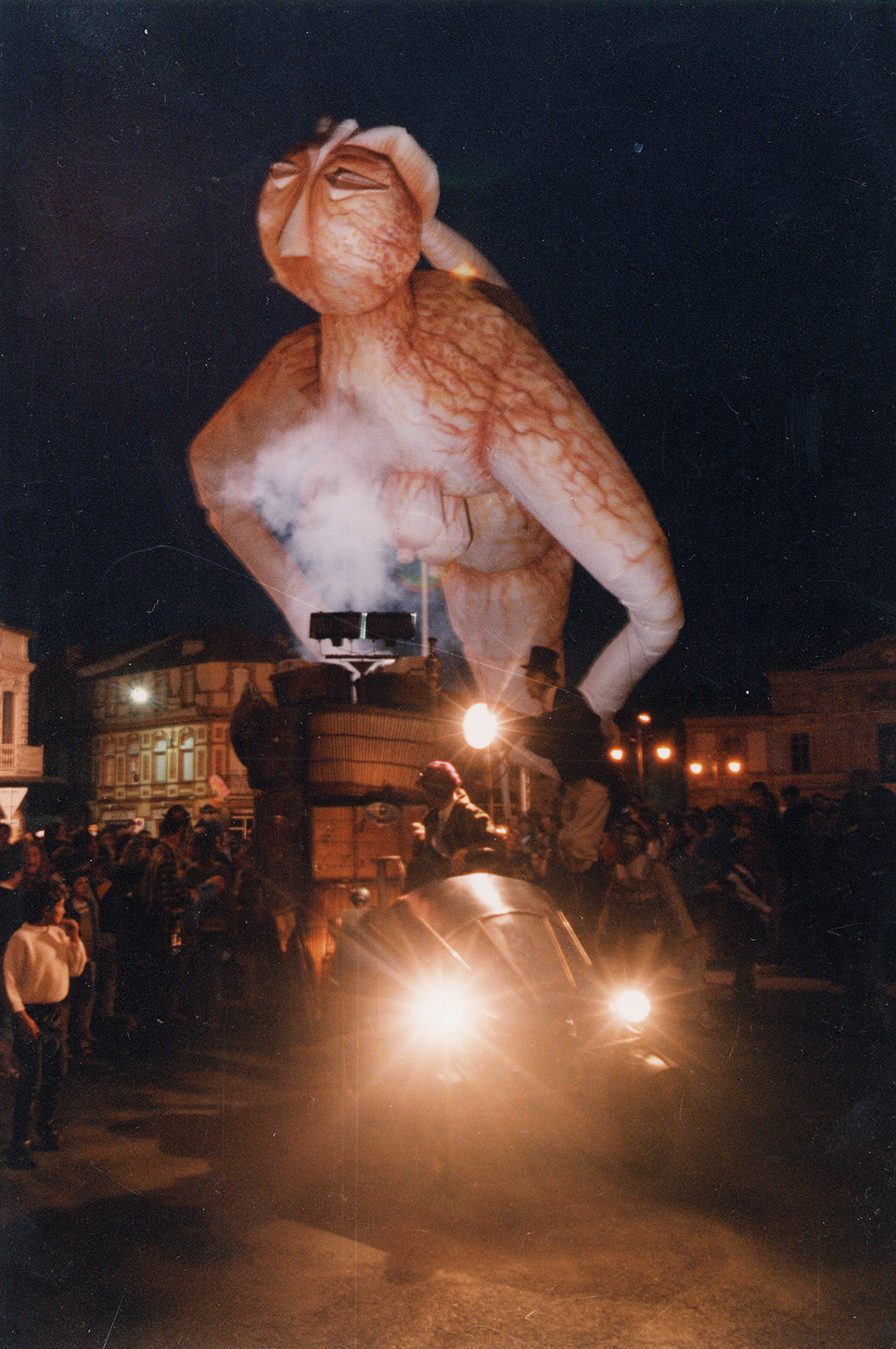
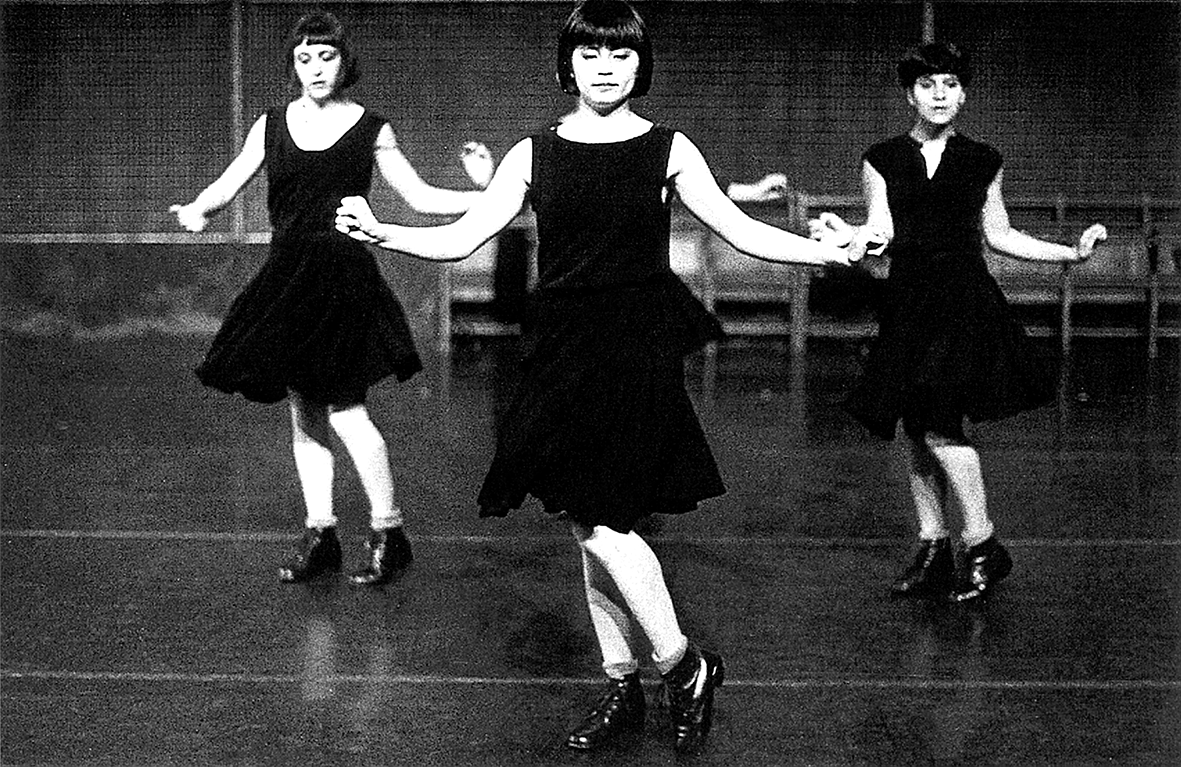
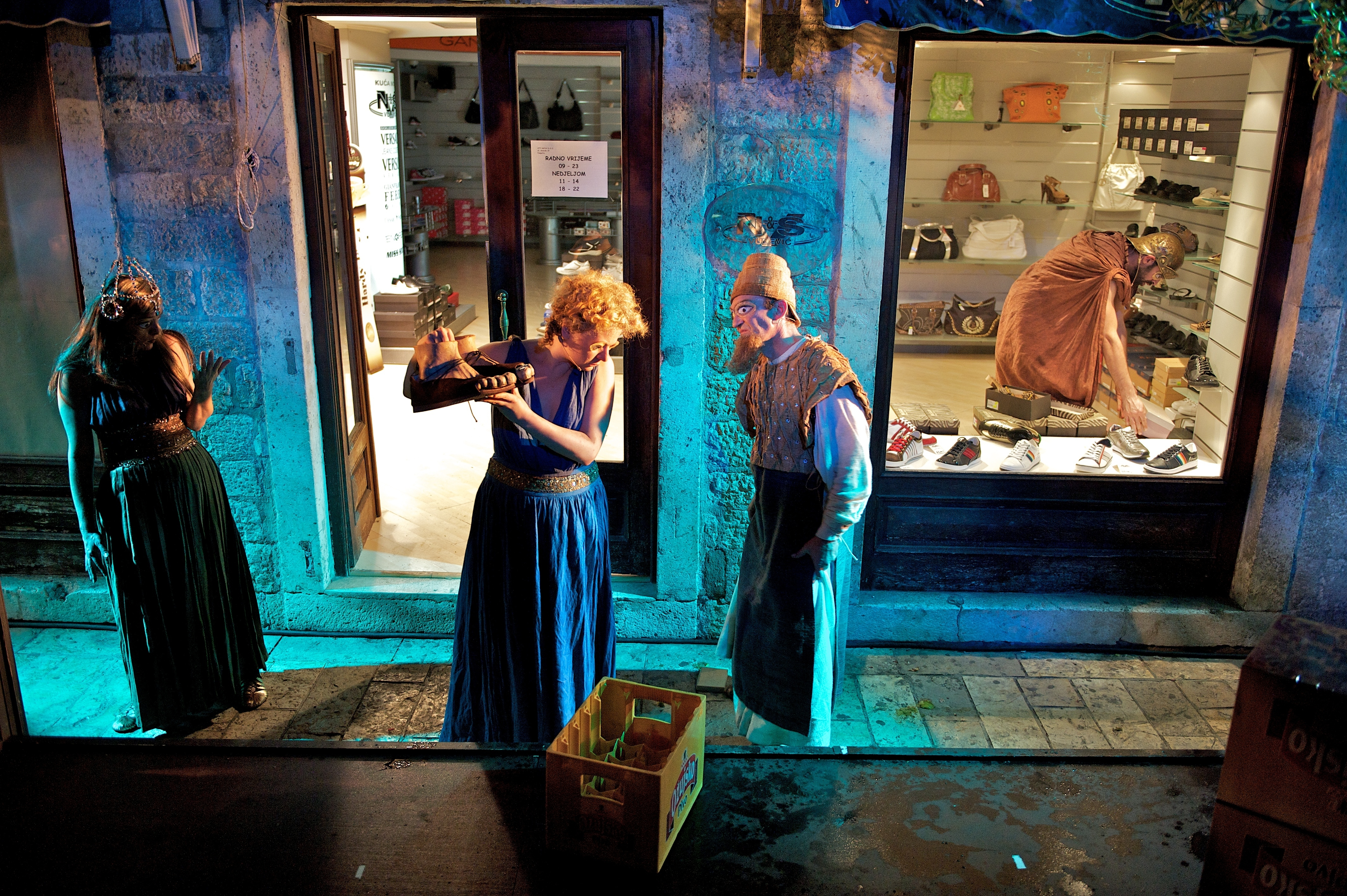
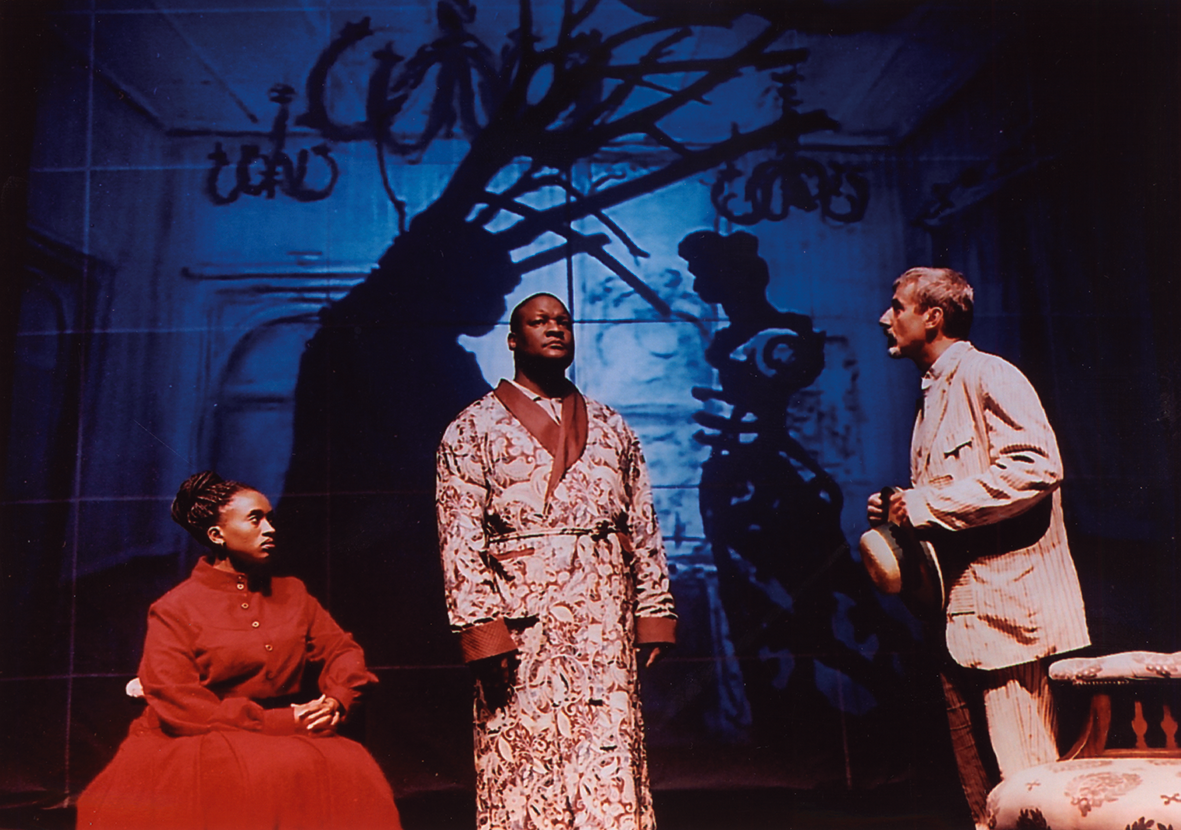
Adresa
-
Zagreb, Croatia
Vezi harta
Limbi
- Croată
- Engleză
Numele colecției
-
Gordana Vnuk Personal Collection
Originea colecției și activitățile culturale reprezentate
Descrierea conținutului
Conținutul colecției
- fotografii: 100-499
- manuscrise (memorii, jurnale, note, scrisori, ciorne, etc ): 10-99
- publicații: 1000-
- înregistrări audio: 10-99
- înregistrări video: 100-499
Administrator(i)
Proprietar(i)
Acoperirea geografică actuală
- internațional
Subiecte
Fondatori
Data fondării
- 1977
Locul fondării
-
Zagreb, Croatia
Vezi harta
Creatori
Colecționari
Evenimente importante în istoria colecției
Piese remarcabile
Tipul de acces
- accesibil cu permisiune
Publicații
-
1. Matan, Branko. Eurokaz: 1987 – 2001. Zagreb: Eurokaz festival, 2002.
2. Valent, Milko. Eurokaz - užareni suncostaj (Eurokaz-Burning Solstice). Zagreb: Naklada MD, 2002.
3. Vnuk, Gordana, editor. 20 years of Eurokaz: [1987-2006]. Zagreb: Eurokaz festival, 2006.
Parte a rețelei
Autorul(ii) acestui articol
- Bencetić, Lidija
- Vnuk, Gordana
Lista referințelor
1. Blažević, Marin. Razgovori o novom kazalištu. Zagreb: Centar za dramsku umjetnost, 2007.
2. Blažević, Marin. Izboren poraz: novo kazalište u hrvatskome glumištu od Gavelle do - - -. Zagreb: Disput, 2012.
3. Kesić, Vesna. ˝Vježbanje retorike uz pomoć autoriziranog pamćenja; Ili: o dubinskom politikanstvu˝, Gordogan, 1987 (9), br. 26-27, 176-188.
4. Kovačević, Božo. ˝Neue slowenische Kunst und alte kroatische Politik˝, Gordogan, 1987 (9), br. 25, 205-211.
5. Matan, Branko. Eurokaz: 1987 – 2001. Zagreb: Eurokaz festival, 2002.
6. Valent, Milko. Eurokaz - užareni suncostaj. Zagreb: Naklada MD, 2002.
7. Višnić, Emina i Zvonimir Dobrović. ˝Vrata kulturno-političkoga rezervata (Brezovčev teatar u retro/vizoru ili Coccolemoccovi tragovi)˝. Zarez, 73, 31. siječanj 2002., 33.
8. Vnuk, Gordana, editor. 20 years of Eurokaz: [1987-2006]. Zagreb: Eurokaz festival, 2006.
9. Vnuk, Gordana. ˝Hrvatska alternativna scena sedamdesetih˝. Kazalište (XIII), 2010., br. 43/44, 46-55.
Vnuk, Gordana, interview by Bencetić, Lidija , January 26, 2018. COURAGE Registry Oral History Collection
